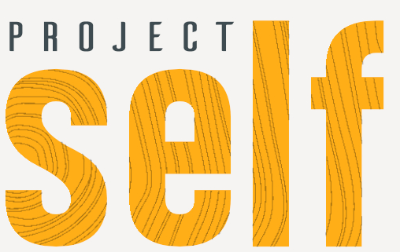Attention is potentially the greatest instrument we have to transform the quality of our life.
I have been asked a good question as a prompt a few times: what percentage of you is actually here right now?
What percentage of you is giving this article your attention?
What would it be like to decide to give it your full attention? How might your experience change? What might you notice or become aware of, once you decide to be fully present; not just to this piece of writing, but to yourself in reading it?
What comes up (thoughts, resistance, excuses, feelings, sensations) at the suggestion you could give full attention?
Attention is defined as selective concentration; directing the mind on a single point of focus (often despite the ‘call’ of others), and the capacity to maintain this concentration. Attention is also an observant consideration, a detecting, noticing, and so a way towards a deeper appreciation and understanding of what is.
In a demanding world of multiplicity we have a tendency towards replying with a distracted response. Through constantly dividing our attention, we are not living life as consciously as we could. By this, I mean with an awareness, the senses tuned in. Instead, we are likely tuned into nothing in particular; most likely the sense of having multiple demands and even then not really attending closely to how we experience that.
Attention is that big relational need we have to be seen, heard and accepted by others (we cannot be recognised if we aren’t given attention). It’s that call for someone to focus on us; for them to feel and know what is we want to share or communicate. We need to know we have been received and this is not possible in a relational vacuum. Attention is a form of connectivity.
Relational attention is a way of being towards and with others, and in a slightly old-fashioned sense ‘the giving of attentions to’ denotes a kind of lavishing of affection, devotion of focus. To be attentive is a generous act, a form of love, and a recognition and satisfying of need.
How good are you at receiving attention? If you shy away from it, what’s blocking your capacity to accept someone else’s care?
If you are not good at paying yourself attention, what may you be avoiding? What are you looking for outside of yourself?
If you are not good at giving something your sole attention, how are you being, how are you showing up in the world?
To find these answers we need the essential ability to give ourselves inward attention. To know what we are feeling by staying with it; asking what it needs or wants, or is afraid of. To attend. To explore the niggles, nuances and ‘nothing’s. If we give emotions and body posture and sensations our attention it allows us to receive the message we need. For example, how much attention do you give to where your reactions originate in your body, and so the sites that need soothing? How are you holding yourself as you read this? These feelings may often resolve with attention quite quickly, instead of nagging, festering or digging in.
Attention allows. It allows movement, unfolding and often a release of tension.
We have a capacity to continue doing the same thing and being the same way until we are forced into paying attention and yet we’ve known something all along. If we don’t give our attention, something doesn’t get seen or felt and we are incapable of just being with something or someone. We are incapable of fully open curiosity and inquiry. We are in effect self-limiting our experience, refusing the opportunity to engage and listen to ourselves, to our body, our instinct, our wisdom. We aren’t harnessing our ability to live questions and feel into answers.
Giving attention doesn’t have to be an act of effortful, intent focus. Attention can have a lightness and openness to it, a curiosity; it just means we are willing to be with, as we tune out distractions. Concentration merely means making the choice to direct ourselves fully by bringing all the parts of ourselves together. The fully means not just outwards but being in; using not just our mind but our senses and body to register, to feel into what’s happening or needs to happen in that moment. Being present means paying not only attention to another but our felt, internal experience of the other; so ourselves too.
If we don’t give attention we aren’t giving. We are not only choosing to under-look or over-look in our not-seeing; we are withholding our power; our capacity to love, to affect. It’s a kind of passive dis-regard and ignore-ance; neglecting what we could know and accept; what we could allow, accommodate, explore, embrace. To receive an uninterrupted gaze is to be seen. To give yourself over to looking into, is to deepen your perception.
Undivided attention can reduce the division within our life and create the potential for change.
This is why our attention, although simple, has the power to transform the quality of our life.
What needs your attention right now?
